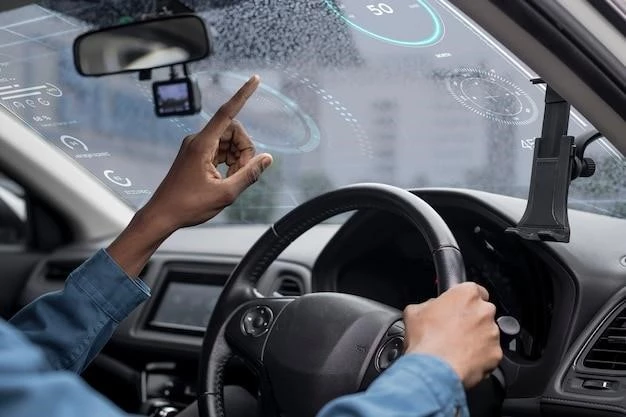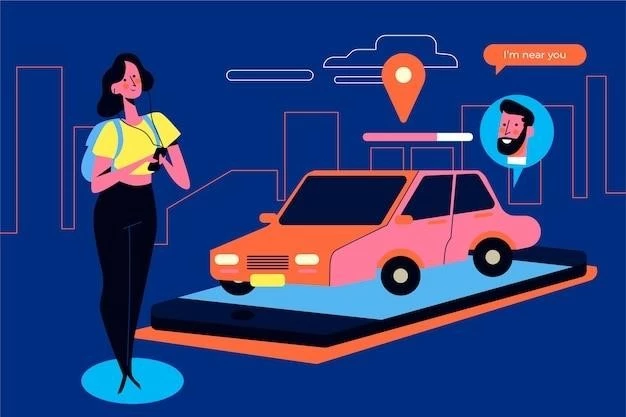The rise of autonomous vehicles (AVs) is one of the most significant technological developments of our time. These self-driving cars, trucks, and other vehicles have the potential to revolutionize the way we live and work, and I’ve been fortunate enough to witness some of these changes firsthand.
A Glimpse into the Future
Last year, I had the opportunity to take a ride in a fully autonomous vehicle. As I settled into the passenger seat, I was struck by the quietness and the sense of calmness that enveloped me. Unlike a traditional car ride, I didn’t need to worry about traffic, navigation, or even driving itself. The AV gracefully navigated the roads, smoothly changing lanes and stopping at intersections with precision.
This experience gave me a glimpse into the future of transportation. Imagine a world where commutes are no longer a stressful chore but rather a relaxing time to read, work, or simply unwind. Imagine a world where accidents caused by human error are significantly reduced. Imagine a world where people with disabilities or elderly individuals can regain their independence and mobility.

Transforming Transportation and Cities
The impact of AVs extends far beyond individual experiences. The widespread adoption of self-driving vehicles will have a profound impact on our cities and transportation systems. With AVs, we can expect:
- Reduced Traffic Congestion: By optimizing traffic flow and eliminating human error, AVs can drastically reduce traffic congestion, leading to shorter commute times and increased efficiency.
- Increased Safety: AVs are programmed to follow traffic laws and react faster than humans, reducing the number of accidents and improving road safety.
- Greater Accessibility: AVs will provide greater accessibility for people with disabilities, seniors, and those who are unable to drive themselves.
- Smart Cities: AVs can be integrated with smart city infrastructure to optimize traffic management, parking, and public transportation.

Redefining Work and Leisure
AVs will also reshape the way we work and spend our leisure time. With the advent of self-driving vehicles, we can expect:
- Increased Productivity: Commuting time can be used for work, study, or relaxation, boosting productivity and efficiency.
- New Job Opportunities: The development and deployment of AVs will create new job opportunities in fields such as software development, data analysis, and vehicle maintenance.
- Shifting Work Patterns: The rise of AVs could lead to a shift towards remote work as people are no longer bound to specific locations.
- Enhanced Leisure: AVs can provide more freedom and flexibility in our leisure activities, allowing us to explore new places and experiences.
Challenges and Considerations
While the potential benefits of AVs are undeniable, there are also challenges and considerations we need to address. These include:
- Ethical Concerns: Developing ethical frameworks for autonomous decision-making in complex situations is crucial.
- Job Displacement: The widespread adoption of AVs could lead to job displacement in the transportation industry.
- Cybersecurity: Ensuring the security of AVs from cyberattacks is paramount to public safety.
- Infrastructure: Adapting our roads, traffic signals, and parking infrastructure to accommodate AVs will be necessary.
Embracing the Future
The future of transportation is autonomous, and we are on the cusp of a transformation that will profoundly impact our lives. While there are challenges to overcome, the potential benefits of AVs are vast and exciting. By working together to address the challenges and embrace the opportunities, we can create a future where transportation is safer, more efficient, and more accessible for everyone.










